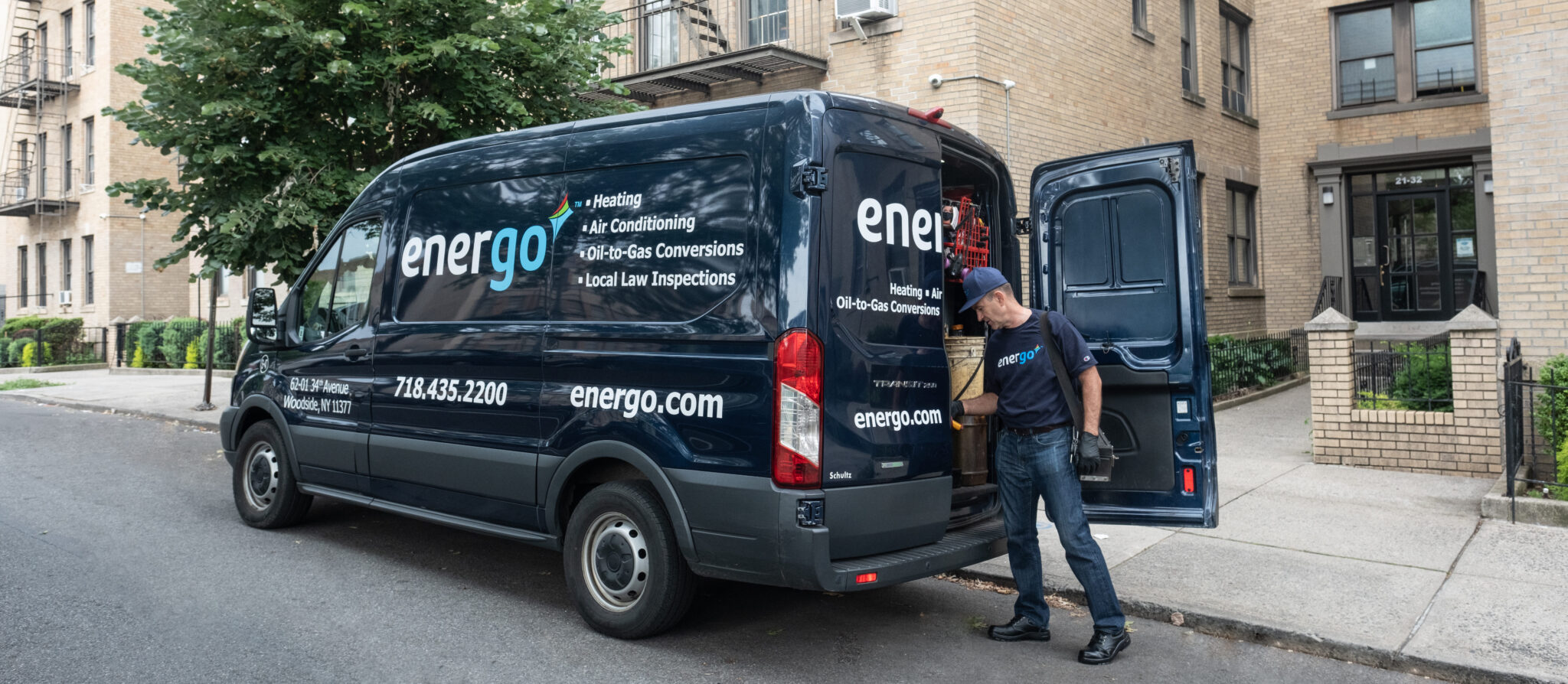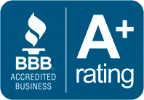Who must comply?
All multi-family and commercial buildings (3+ units) with gas piping. In short: any NYC building with three or more dwellings and a gas service must comply. Importantly, even if your building has no gas piping, you still have paperwork to file. The City requires a “no-gas” certification from a pro when no gas system is present. We’ve helped many owners file this so they’re officially off the hook.
When is the deadline, and what if we miss it?
LL152 inspections run on a four-year cycle by community district. In each cycle, the deadline is always December 31 of the final year. For example, Cycle 2 (CDs 2, 5, 7, 13, 18) runs from Jan 1–Dec 31, 2025. Missing your cycle’s year-end deadline can trigger serious fines. The NYC DOB will issue a Notice of Deficiency and impose a $10,000 penalty (and even an additional $10,000 each year if noncompliance continues). In plain terms: if you skip the inspection or paperwork, you’re looking at five or six figures in fines. We once rushed an inspection in Queens for a client who had simply forgotten the deadline – they avoided the fine, but it was a stressful scramble!
Rule of thumb: assume any due date is December 31 of your inspection year, and start early.
What if our building has no gas lines?
Don’t think you’re off the hook. The DOB requires a “no-gas” certification from a NYS Professional (engineer, architect or LMP) even if there’s no gas piping. We routinely file these affidavits for clients. In practice, this just means we verify on-site that no gas lines or appliances exist, sign the form, and submit it by the same deadline. This protects you from fines just like a real inspection. One of our clients with an all-electric building was surprised to learn this rule – we handled it in an afternoon, saving them from a possible $10K citation.
How can Energo help with LL152 compliance?
In short: we do it all. Our in-house team of NYC Licensed Master Plumbers and gas experts takes care of every step. We start by confirming your building’s status (yes, 3+ units?), finding your community district, and marking the deadline. Then we prepare for the inspection: unlocking utility rooms, ensuring clear access to meters and piping, etc. On inspection day, our LMPs visually check every exposed gas line from entry point through public spaces, using sniffers and gauges to spot leaks, corrosion, improper vents, or other hazards. We document everything in a Gas Piping Inspection Report (GPS1), which we review with you. If we find NYC safety issues or code violations, we fix them quickly – from tightening a loose fitting to replacing an outdated valve.
-
Step 1: Determine if LL152 applies (3+ family, gas service)
-
Step 2: Note your deadline (usually Dec 31 of the year in your cycle)
-
Step 3: Schedule an LL152 inspection with our licensed plumbers
-
Step 4: Receive the inspection report (GPS1) and address any issues
-
Step 5: We file the inspection certification (GPS2) with DOB online, on time
- Step 6: Keep the records for future audits.
Throughout, we handle all paperwork electronically. Energo’s compliance department manages the filing from start to finish – including any necessary corrections and resubmissions. (Yes, we even submit permit applications if a boiler burner or gas conversion is required.) One client in Manhattan skipped these steps years ago and only got hit with a DOB violation notice. They called us in a panic – we completed the late inspection and paperwork immediately, and thanks to our work the fine was reduced. That’s when they became a long-term client. We’ll help you avoid that stress by staying ahead of deadlines.
Energo technician performing an annual boiler inspection.
Do we handle boiler inspections, too?
Absolutely. In NYC, boiler safety is governed by NYC Local Law 62 (LL62). If your building has a boiler and six or more dwelling units (or any commercial use), you must get an annual Low-Pressure Boiler Inspection by December 31 each year. LL62 ensures combustion and safety controls are checked yearly. We love bundling services: when we’re on-site for the LL152 gas inspection, we often perform your boiler tune-up and safety check as well. Our experts conduct combustion tests, check pressure controls, measure flue drafts, and look for corrosion. After a boiler inspection, we file the required report with DOB. This one-and-done approach saves time for building managers. For example, one of our Bronx clients schedules both services in early December, so everything is done before the holidays. We also include routine cleaning or minor tune-ups with LL62 inspections, keeping boilers running efficiently.
Where does Energo operate?
We serve all five boroughs and beyond. Whether your building is in Brooklyn, Queens, Manhattan, the Bronx or Staten Island. We understand NYC’s quirks: brownstone gas racks in Brooklyn, high-rise boiler rooms in Manhattan, or coop boiler systems in the Bronx. Our clients range from small co-op boards in Harlem to large affordable-housing complexes in Staten Island. Across the region, our crews respond to emergencies, but we focus on prevention. One Staten Island property manager told us he sleeps easier knowing we handle his LL152 and boiler checks each year. We’ll do the same for you.
Ready to schedule your inspection or have questions?
Don’t wait until the last minute. Missing a December 31 deadline even by a day invites trouble. Call us, send an email, or visit our website to get started. Our Compliance team will guide you through it with clear answers and a friendly approach – no scare tactics, just facts and fast service. Let Energo take the worry out of Local Law 152 and boiler compliance. We make sure you stay safe, legal, and fine-free.
Learn More & Contact Energo:
For additional information on plumbing or heating services, check out our commercial Plumbing & Electrical and Heating Maintenance & Repair in NYC pages. Or simply contact us below to keep your building safe and compliant.






NYC Local Law 152: New Rules, 2026 Deadlines & How to Stay Compliant
Local Law 152 – NYC’s gas piping inspection law – just got some important upgrades. If you own or manage a building in New York City, recent amendments from the Department of Buildings (DOB) will change how you handle your gas compliance in 2026 and beyond.
What First-Time NYC Homebuyers Miss When Buying an Oil-Heated Property
Buying your first home in New York City is exciting—but if that home is heated with oil, there are a few extra details worth slowing down for. Many first-time buyers are coming from apartments or gas-heated homes, so oil heat can feel unfamiliar during an already overwhelming process.